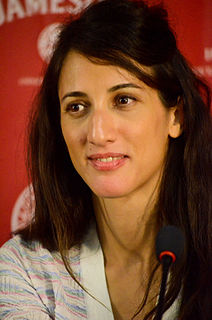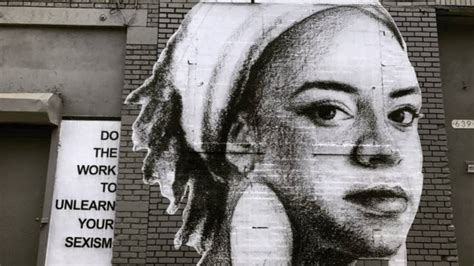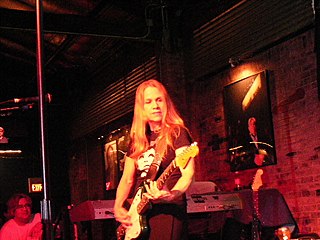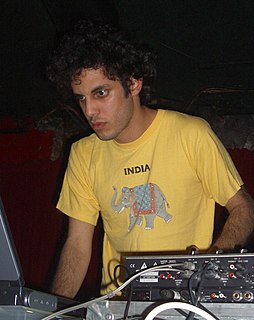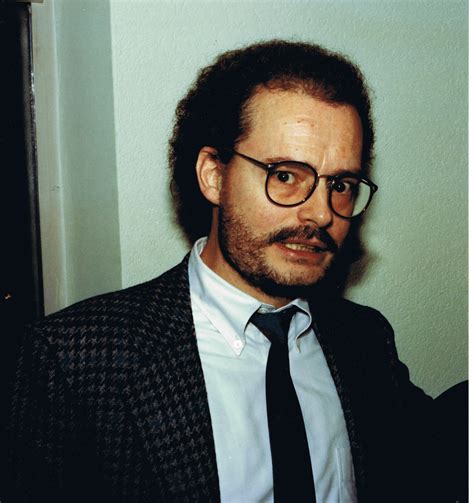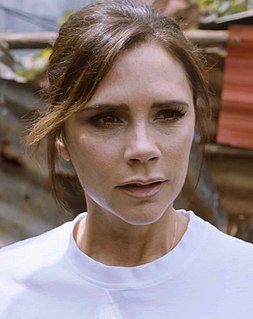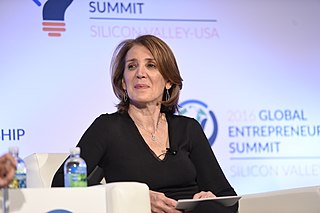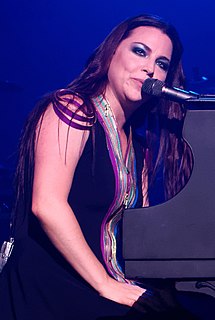A Quote by Deniz Gamze Erguven
There was something, which was the turning point: I felt very strongly that women were sexualized, and perceived like they are sexual in every move, and it started off really early.
Related Quotes
I feel like we're looked at as either completely nonsexual characters or overly sexual characters, and I feel like that affects how we're treated in the public space by men. I believe that women of color experience street harassment in a very hyper way. So I wanted to draw these women in their very normal, regular states and put those images out there in the public for people to see, instead of these other, very sexualized, images of women.
A lot of it was really, really fun, but at some point, things started getting weird. We didn't allow each other to breathe. We didn't really have a sense of ourselves individually. We were very insecure... We were really threatened by the thought of 'Oh my God, what if someone goes off and does something outside the band?'
Sex as desired by the class that dominates women is held by that class to be elemental, urgent, necessary, even if or even though it appears to require the repudiation of any claim women might have to full human standing. In the subordination of women, inequality itself is sexualized, made into the experience of sexual pleasure, essential to sexual desire.
I've always explored things that people find a bit more freakish, like free jazz, and I'd gotten to a point where the live music I was making was really hectic and turning much more confrontational. So when I started working on Everything Ecstatic, that was very normal for me. I think it was a departure, but people read it as an escape from something, whereas every record I do is, I feel, a departure.
If you're talking about the narrow issue of public assistance, I would like to see us move to a more healthy system. But until we come up with certain guarantees - for example, guaranteed jobs where mothers move off welfare - I support welfare very strongly. The worst thing we could do is impose time limits and then expect people to sink or swim once they move off welfare.
In the early '90s, it felt like there was space - there was like an empty feel. There was nobody really doing this. Maybe the Pixies were, a little bit. Their lyrics were also disjointed, more psychosexual or something. That's part of youth, too, maybe, that you just feel like you're doing something different.
